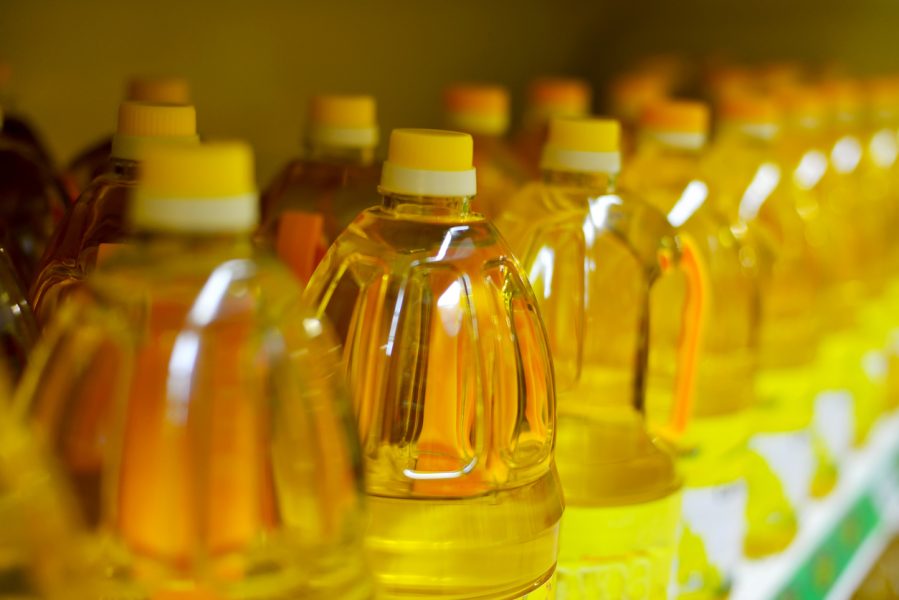
Govt considers tax cut on soybean and sunflower oils in a bid to check inflation

In yet another step to cool surging local prices of food, India is considering cutting an import levy on soybean and sunflower oils.
The government is deliberating whether to reduce the agriculture infrastructure and development cess, currently at 5 per cent, or abolish it, according to a person familiar with the matter, Bloomberg reported.
According to the report, a final decision may be taken this week.
Also read: While Finance Ministry takes refuge in data, the poor bear the brunt of soaring inflation
The extra levy is used by the government to collect funds for farm infrastructure projects.
India has already scrapped base import levies on most cooking oils, including palm oil and soybean oil, and imposed inventory limits to prevent hoarding.
Limited options
Some limited options are available for the government to reduce the soaring vegetable oil prices across the country. One such effort will be cutting the tax on the vegetable oils.
Edible oil prices in India have surged this year along with international prices following Russia’s invasion of Ukraine that choked the supply of sunflower oil from the Black Sea region. Added to that was a surprise move by Indonesia to temporarily ban palm oil exports, before replacing it with a domestic sales quota.
Battling inflation
India is battling to contain severe inflationary pressures, with prices of food, fuels and crop nutrients soaring. Wholesale inflation in India soared in April to the highest in more than three decades.
The central government announced tax cuts on gasoline, diesel, coking coal and raw materials for making steel during the weekend, and boosted its subsidy for crop nutrients to tackle high prices that have been hitting households, farmers and manufacturers, the report added.
Also read: Petrol, diesel prices reduced as Centre cuts excise duty


